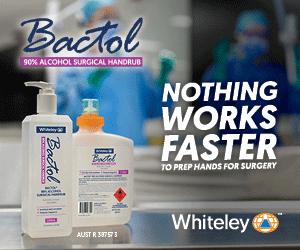Life is not portioned out in three-yearly cycles.
Take Heremaia Parata, for instance. He went to war with the 28th Battalion – the Māori Battalion – and endured experiences beyond modern comprehension. The 28th fought Germans face to face in frenzied bayonet attacks, suffered through desert heat in North Africa, freezing weather in Italy; watched as bombs turned ancient masonry and modern humans to dust; till finally, the battalion, including a wounded Parata, was disbanded, sent home. World War II was over, but life went on.
These days, Te Toma Parata cries during Anzac ceremonies when her dad’s old company is called out. As she gets older, for reasons she can’t quite fathom, she feels his memory more keenly.
Heremaia Parata died at the age of 63 – much younger than both his parents. He was lucky to return alive from service, Te Toma Parata said, musing about her health experiences over the years, but his injuries shortened his life.
‘The hospice nurse was like, ‘Man, you’d make a good nurse,’ and I thought, ‘Maybe I can do this’.
Māori have always given much, but we were left with the worst health of any ethnicity in Aotearoa. The ultimate embodiment of this inequity is that we die on average about seven years earlier than the general population. That’s two whole elections we miss out on.
With the latest vote looming, I spoke to everyday Māori people about what health means to them as the timer gets reset again.
Parata (Te Whānau-ā-Apanui) is a health and safety officer with Te Wānanga o Aotearoa in Porirua.
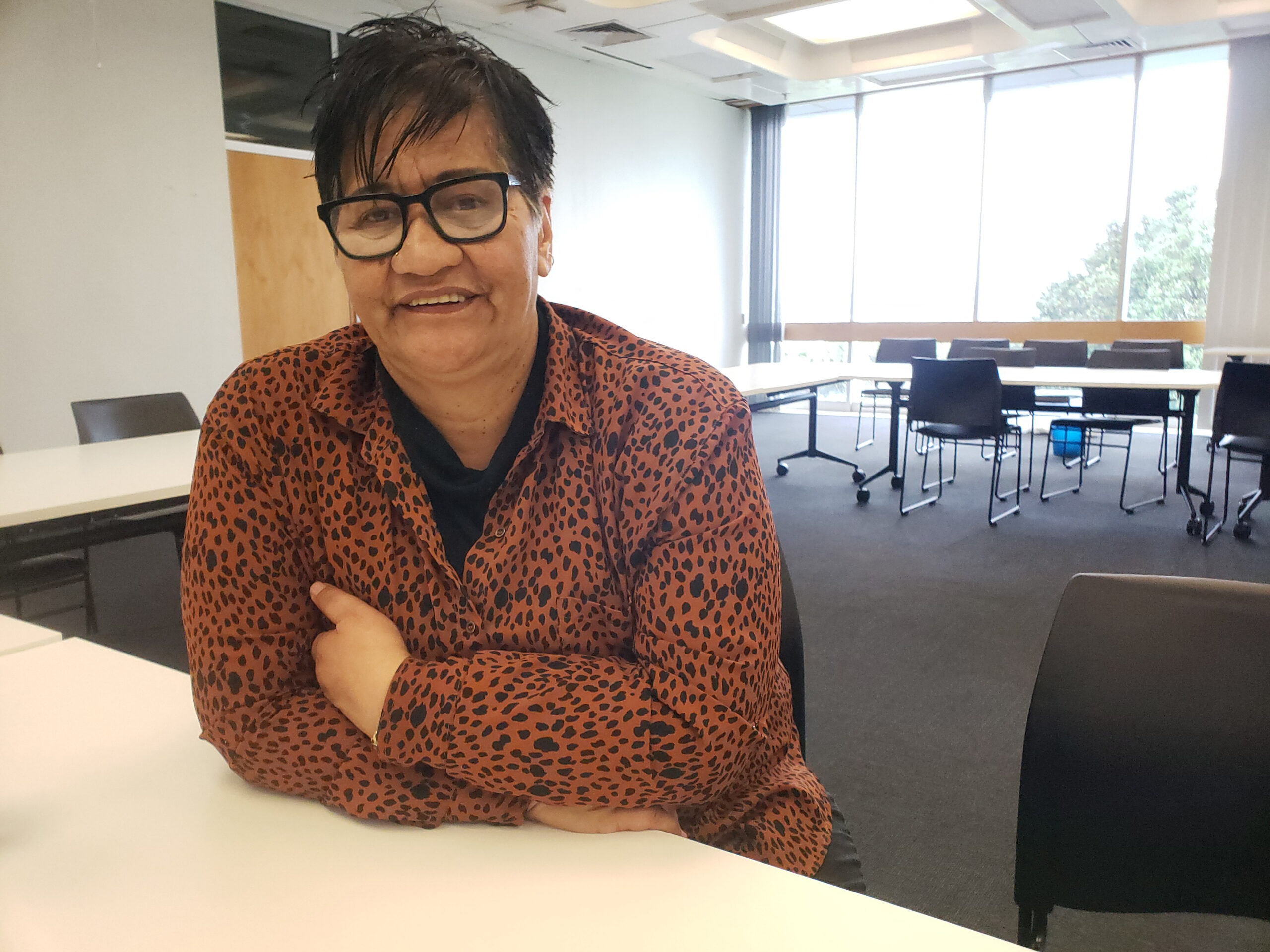
“He hōia taku Pāpā i roto i te rua-tekau-mā-waru. I hoki mai ia, mai i tā wāhi, and of course he’s depressed, he’s oppressed, his mates died there. He was wounded.”
Her dad wasn’t keen to hear te reo in their home when Parata was growing up (she mostly learned and spoke it elsewhere), but tikanga was deeply embedded in life from the many koroua and kuia still alive back then.
TTP: There wasn’t a doctor always around, so . . . he aha te rongoā hei whakaora i a rātou? (what was their medicine?)
JM: Tērā pea, ko te rongoā ko te noho i roto i te ao Māori, me ōna tikanga, me tōna reo? (The Māori culture, language and tikanga, perhaps?)
TTP: Probably. Nowadays, our people are getting cancers straight away, they’re getting diabetes straight away, arthritis. Nō hea ēnei mauiuitanga? Nō hea? (Where do these illnesses come from?)
The system is “āhua pai – kāore i te kino, engari he āhua pai [noa]” (just adequate). Improvement would come from understanding the Māori world better, Parata said. “Ako i te tikanga, kia mōhio ai.”
Health knowledge is power for graduate registered nurse Anna Clarke (Te Aupouri, Ngāi Takoto, Ngāti Kahu ki Whangaroa, Te Rarawa) who lives and works in Whangārei.
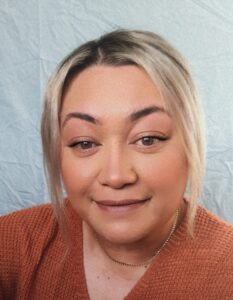
She just wishes her understanding came sooner.
‘For me personally, I think it needs to start at student level. Because right now it’s terrible.’
Growing up, Clarke always wanted to be a nurse, but she never thought she was smart enough. So she left secondary school and “had a whole life”, working 15 years as a hairdresser before realising that she wanted to do more. The resolve came after she helped her grandmother, Ana Jean Vaioleti, through her final days in hospice care.
“The hospice nurse was like, ‘Man, you’d make a good nurse,’ and I thought, ‘Maybe I can do this.’ ”
Clarke said she came from a whānau where comorbidities (multiple health conditions) were commonplace. “Diabetes, hypertension – high blood pressure – all the stuff that lots of Māori are affected by, so we had lots of hospital visits when I was growing up.”
It was a system that seemed to de-power Māori. Her whānau never really pushed back if they thought something wasn’t right, “we just went with it”.
Only through her nursing degree has she realised they should have followed their gut instincts instead. “I wish we had done it earlier, then a lot of my whānau wouldn’t be at the last stages of their life with diseases that could have been prevented.”
Many people got into nursing for love of the work, but financial support is important.
“For me personally, I think it needs to start at student level,” Clarke said. “Because right now it’s terrible.”
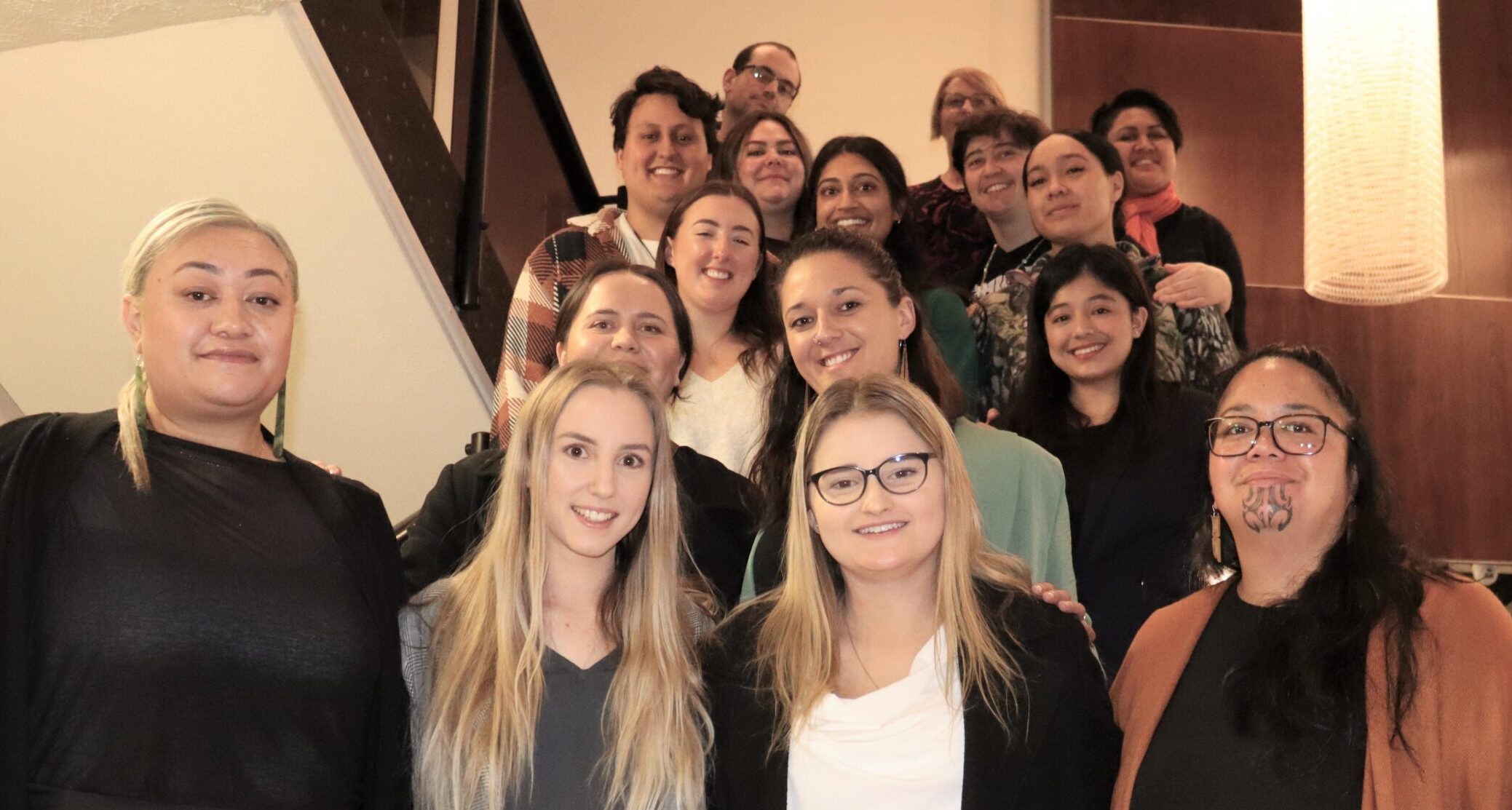
‘Unfortunately, our drop-out rate is high because we’re having to choose. We have to eat.’
Students have to complete up to 1100 hours of clinical placement in their degree. They need more than 360 hours in a single block in their final year. Many students are older with their own whānau and forced to choose between paid work or the full-time unpaid placement.
About half her cohort quit largely because of financial pressure, she said. “Unfortunately, our drop-out rate is high because we’re having to choose. We have to eat.”
Māori nurses make up about seven per cent of the workforce – less than half our proportion of the total population.
Maybe this shortage is what caused the “cultural clash” that marred the hospital stay, before and after childbirth, of Salvation Army business administrator Tamara Robati (Ngāti Kahungunu, Rangitāne).
‘As a Māori person, the way to exit someone out of a place didn’t really sit [well] with me.’
Most of her eight-week hospital stay was great, she said, but the way they rushed her out the doors at the end “put a stain on the time”.
“As a Māori person, the way to exit someone out of a place didn’t really sit [well] with me.”
Robati was told she had to go while in a communal room with other parents around. She was breastfeeding her baby, she said, and was thinking, “I don’t want to have quite the conversation you want to have.”
Health care overall has its problems, “not just [for] Māori”, but it comes down to person-to-person communication. She understood there was pressure for beds, but patients still needed to be treated with human respect and dignity, she said.
“As Māori, I think, ‘Hmm is it just because of that disconnect between the two understandings?’ ”
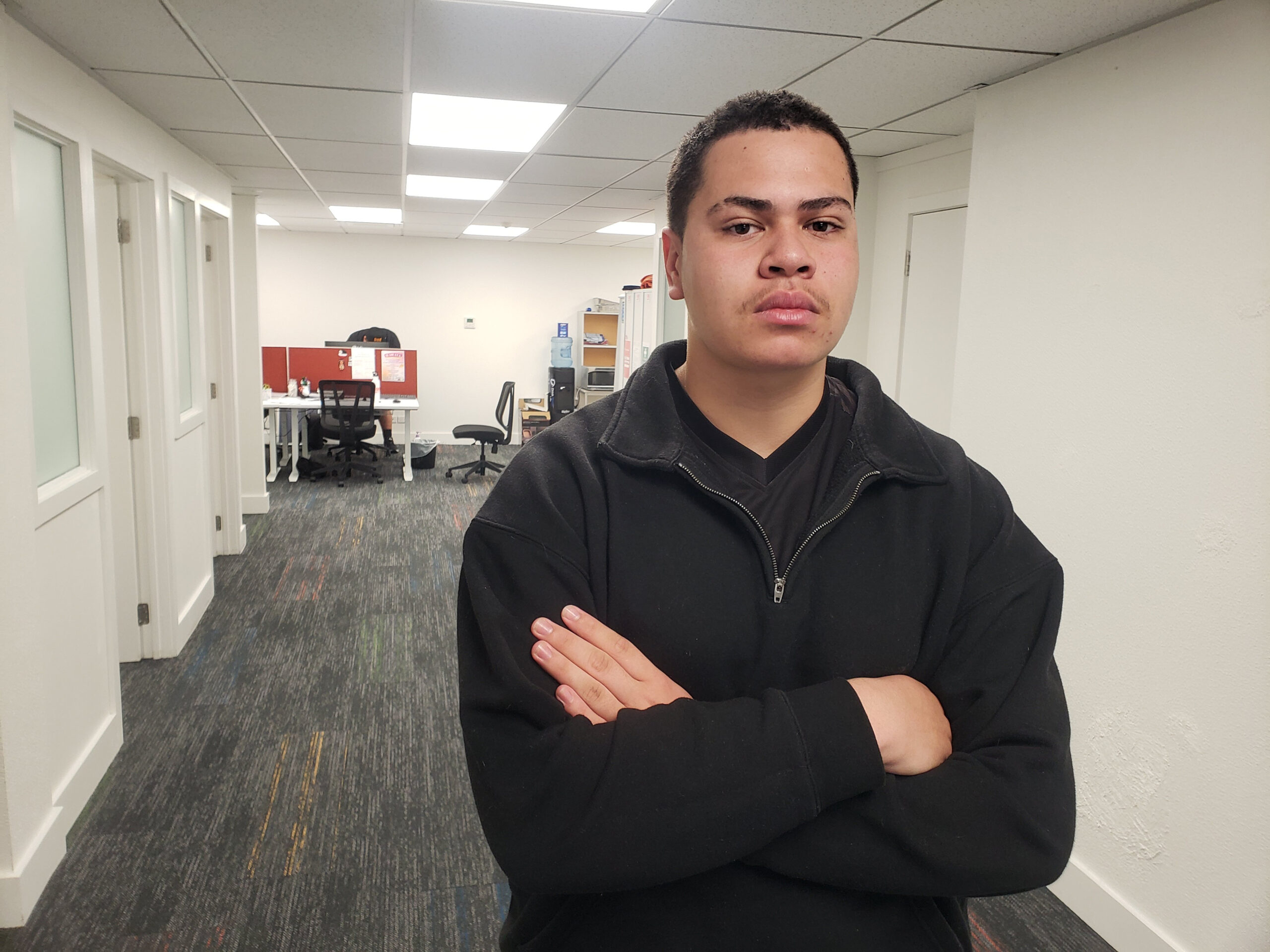
Taranaki Te Hauora (Ngāpuhi, Ngāti Whātua) has just turned 18 and is a head boy at Aotea College in Porirua. He has a couple of understandings of his own about dealing with health for young people.
Take The 502 – a free wraparound combination of health and social services for 10 to 24-year-olds – to which he belongs. He’d like to see long-term government support locked in for the iwi-provider (Ngāti Toa) service. He wants Māori kaupapa initiatives to be given a chance to breathe.
“Maybe if we keep this alive for another 10 years we could look at the stats and the benefits . . . because if we have more time, we can have more data. That’s the scientific way of looking at it.”
Meanwhile, the Māori way of looking at it, Te Hauora said, was simply offering a welcoming space for rangatahi that other services don’t quite have. “It low key gives off a marae-type of vibe … with that sense of belonging.”




